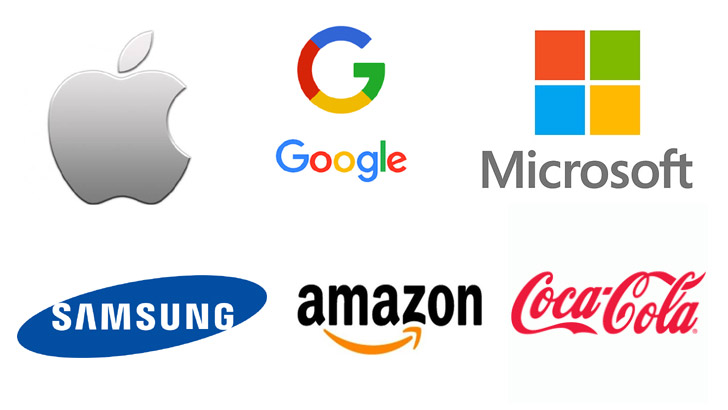“Understanding which companies are leading in the sustainable management of chemicals, or lagging behind peers, is a very important part of larger sustainability issues…”
Chemsec, an environmental NGO, has released a new enterprise benchmark tool that measures the chemical footprint of 35 of the world’s largest chemical manufacturer and finds European countries top on the list of sustainable development.
This new tool is called chemscore.
Chemscore allows investors to get data from the best performing and worst performing companies in the chemical industry based on the number of hazardous chemicals produced by these companies and their efforts to move towards safer and more environmentally friendly alternatives, chemsec said.
The evaluation of 35 largest publicly listed chemical manufacturers is based on four key criteria: 1) total production of hazardous chemicals; 2) Efforts to develop and sell safer chemicals; 3) Transparency and public commitment to phase out certain substances; 4) Records of accidents and disputes such as fines, liability cases, etc.
According to chemsec (@chemsec), European chemical manufacturers are the top of the latest sustainable development rankings, followed by us and Asian companies.
Statistics of the European Union shows that more than 70 per cent of all chemicals used and manufactured in Europe are harmful to human health and / or the environment. Nevertheless, investors and other stakeholders know little about the production and use of these chemicals.
“It is essential for investors to have a better understanding of the participation of enterprises in the production of hazardous chemicals. Many of these chemicals pose a threat not only to human health and the environment, but also to return on investment. “
A persistent chemical, such as PFAS, is an example. These chemicals have accumulated for decades in human and nature. At present, they have reached critical level in many parts of the world. In the United States, several chemical companies that produce such substances are now facing lawsuits, with an estimated cost of between $25billion and $40billion.
“It’s not a coincidence that their share price plummeted compared to the industry average,” B ä Ckar is.
According to chemsec, DSM (@dsm), the Dutch chemical company, performed best in this year’s chemscore. ” I’m proud DSM is at the top of the chemscore rankings. This is consistent with DSM resin and functional materials’ ambition to phase out all chemicals of high concern in finished products by 2025. This ranking reflects the importance of chemical safety as one of many aspects of sustainable development. Our industry attaches great importance to chemical safety, and this ranking encourages us to continue to focus on this topic. Looking forward to the future, we should work together to accelerate the sustainable transformation of the industry and create a better life for all! Helen Mets, executive vice president of DSM materials, said.
Chemscore was developed with the support of representatives of the chemical industry. It also consulted the investment community, including Aviva investors, a global asset management company, which manages £ 346bn of assets.
“Understanding which companies are leading in the sustainable management of chemicals or lagging behind their peers is a very important part of the larger sustainability challenges. We are proud to be in the lead in the investment community on this issue. ” Chemscore has expanded our understanding of how companies manage the risks involved in the production of chemicals. These include litigation, lack of preparation for new regulation and reputation risk. Chemscore also provides us with valuable insights on how to encourage enterprise improvement. “ sprunki horror Endless Fun Awaits!



